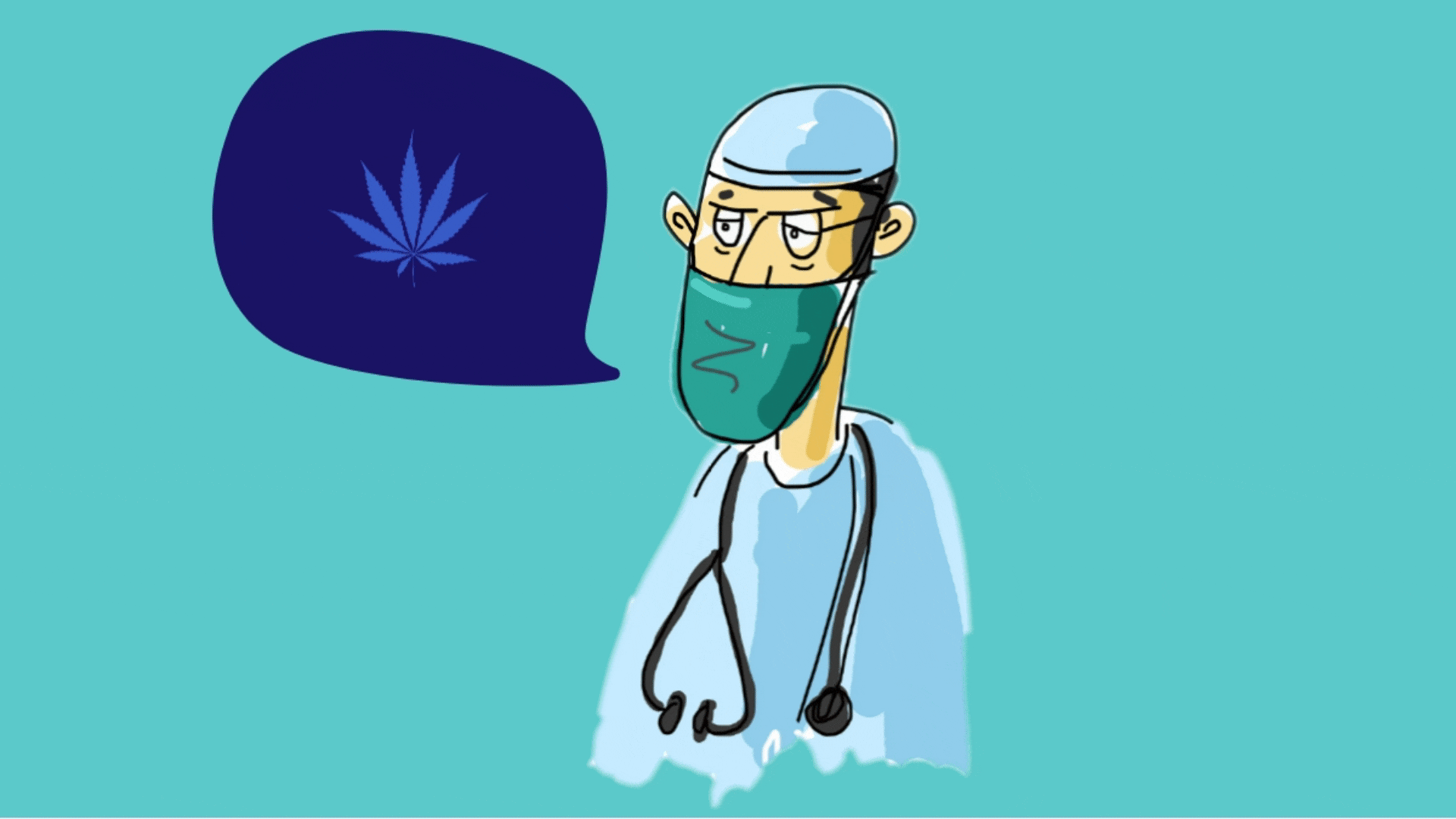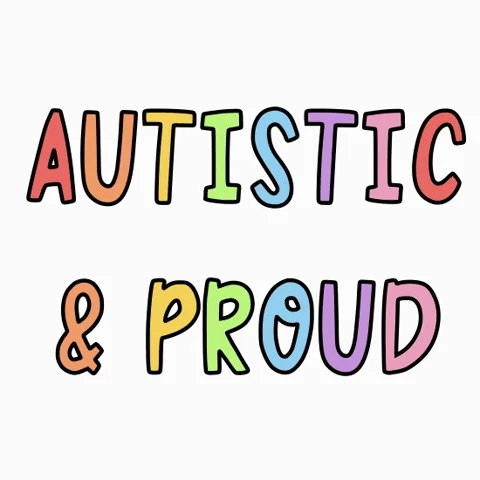
News 📗 Highlights:
Endocannabinoid 🎋 System Differences Observed in ASD: Studies 📔 have identified alterations in the endocannabinoid 🍃 system among individuals with ASD, suggesting that targeting 🏹 this system with cannabinoids like CBD could be a promising therapeutic 🧑⚕️ approach. Institute of Cannabis Research Colorado
Medicinal 👩⚕️ Cannabis Shows Promise in Pediatric ASD: A review 📁 focusing on children 👶 and adolescents with ASD reported that medicinal cannabis 🍁 might help alleviate behavioral problems, though adverse ↩️ events were noted in some cases, underscoring the need for careful ❗consideration. Wiley Online Library
Cannabis 💚 Use in ASD: Current Evidence and Future 💫 Directions: An analysis of existing literature highlighted 🟨 the limited but growing evidence supporting cannabis 🥑 use in ASD, calling for more extensive research ✏️ to understand its efficacy and safety 🦺 fully. BMC Psychiatry

Quick Read 📰:
Neurodevelopmental 🤯 Challenges and ECS Modulation 🧬: Autism Spectrum Disorder (ASD) involves complex neurological disruptions 🌀. Cannabis, particularly CBD, interacts with the endocannabinoid system 🧊, which regulates neurological function, mood 😭, and behavior 👊. This connection makes CBD 🔋 a promising therapeutic candidate for managing ASD symptoms.
Emerging ⬆️ Research and Promising Data 📊: Studies such as the 2019 Scientific Reports 💾 analysis and a 2021 Israeli investigation indicate that CBD-rich cannabis shows potential in reducing behavioral disruptions 🎯, anxiety, and improving communication 🗣️ skills among individuals with ASD.
Therapeutic Potential 💣 vs. Safety Concerns: While cannabis 🧃 demonstrates potential in mitigating aggression 🧟♀️, sensory sensitivity, and sleep 🌛 disturbances, concerns arise regarding inconsistent dosing, possible sedation 🛏️, and the psychoactive 🍄 effects of THC. Rigorous trials are essential to ensure its safe 🔐 application.
Global 🕌 Policy and Research Advocacy: Shifting 〽️ perspectives on cannabis legalization 📖 and advocacy for further research 🔎 are driving global interest in cannabis-based ASD treatments. This momentum could pave the way for safer, regulated therapeutic options 💼.
Future 🤖 Implications and Open Questions 🔮: As scientific exploration of cannabis ✳️ expands, its role in managing ASD remains under scrutiny. Could cannabis 🌵 emerge as a revolutionary treatment or simply add another layer to the therapeutic 👩🔬debate?

🌱 Cannabis and Autism Spectrum Disorder (ASD): Exploring Potential Therapeutic Benefits 🌟
In recent years, cannabis 🌼 has become a focal point in medical research, particularly regarding its potential to alleviate 🤌 symptoms of Autism Spectrum Disorder (ASD). With growing advocacy 🗨️ and scientific interest 🔭, this therapeutic avenue is gaining attention worldwide 🗺️. Could cannabis provide a meaningful breakthrough for individuals on the autism spectrum? Let’s delve into the evidence 📘.
Despite the limited formal research, the promise of cannabis as a treatment strategy is becoming increasingly clear."
🧫 The Science Behind Cannabis and ASD 🧠
ASD is a neurodevelopmental disorder 🪢 characterized by challenges in social interaction 👥, communication 🦻, and repetitive behaviors. While traditional treatments like behavioral therapy 🎭 and medications 🧴 have shown effectiveness, many families are seeking alternative solutions. Here, cannabis enters the conversation, primarily due to its interaction with the endocannabinoid system (ECS) 🔋.
The ECS plays a pivotal role in regulating mood 🎵, behavior, and neurological function. Research suggests that imbalances ⚙️ in the ECS might contribute to ASD symptoms. Cannabidiol (CBD) 🪴, a non-psychoactive compound in cannabis, has demonstrated neuroprotective and anti-inflammatory 🚨 properties that may modulate this system.

🎫 Evidence-Based Insights 🔬
Preliminary studies 📑 have provided promising results 💡. For instance, a 2️⃣0️⃣1️⃣9️⃣ study published in Scientific Reports 📜 analyzed the effects of CBD-rich cannabis in children 👼 with ASD. The findings revealed improvements in behavioral outbursts 🎙️, anxiety reduction 🛀, and better communication skills among participants.
Another Israeli study 🇮🇱 in 2️⃣0️⃣2️⃣1️⃣ explored cannabis oil's impact on ASD symptoms, reporting that 80% of children experienced significant symptom relief 🧸. These outcomes point 👉 to cannabis v as a potential adjunct therapy 🔑, although comprehensive, large-scale trials 🖇️ are necessary to confirm its efficacy.
🏨 Potential Benefits and Concerns ⚖️
The therapeutic 💙 potential of cannabis lies in its ability to reduce anxiety 🥵, aggression 🎇, and sensory sensitivity —symptoms commonly experienced by individuals 🙋♂️ with ASD. Moreover, CBD’s calming properties may improve sleep quality 🌜, which is often disrupted in ASD.
However, there are concerns 📢. Critics argue that insufficient research, inconsistent dosing 📏, and potential side effects like sedation or gastrointestinal discomfort warrant caution 🛑. Furthermore, tetrahydrocannabinol (THC) ✅, the psychoactive compound in cannabis, poses risks of dependency and cognitive impairment, particularly in younger 👩🎤 populations.

👨🚀 What the Future Holds 🚀
As global 🏖️ attitudes toward cannabis continue to evolve, more clinical trials 🖍️ are emerging to clarify its role in managing ASD. Researchers 🕶️ are exploring novel formulations, including CBD 🌴 isolates and low-THC products, to maximize therapeutic 🩺 benefits while minimizing risks. Innovations in this space may soon provide families with safer 📛, standardized options.
Governments 🚔 and healthcare providers are also beginning to acknowledge 🆗 the potential of cannabis 🫑 in neurodevelopmental disorders. Advocacy groups 📚 are pushing for policy changes 🪧 to facilitate research and access, signaling a paradigm shift in ASD treatment approaches 🪄.

💭 A Thought to Ponder 🤔
As cannabis 🎄 research unfolds, one question remains ❓ Could this ancient 🗿 plant 🥬 unlock new possibilities for managing complex 🛠 neurodevelopment conditions like ASD, or are we overestimating its therapeutic scope 🔭?
🔦 Shine Your Light 🌞

The information provided in this newsletter is for informational purposes only and does not constitute medical, legal, or professional advice. Always consult with a qualified professional before making any decisions based on the content shared here.
